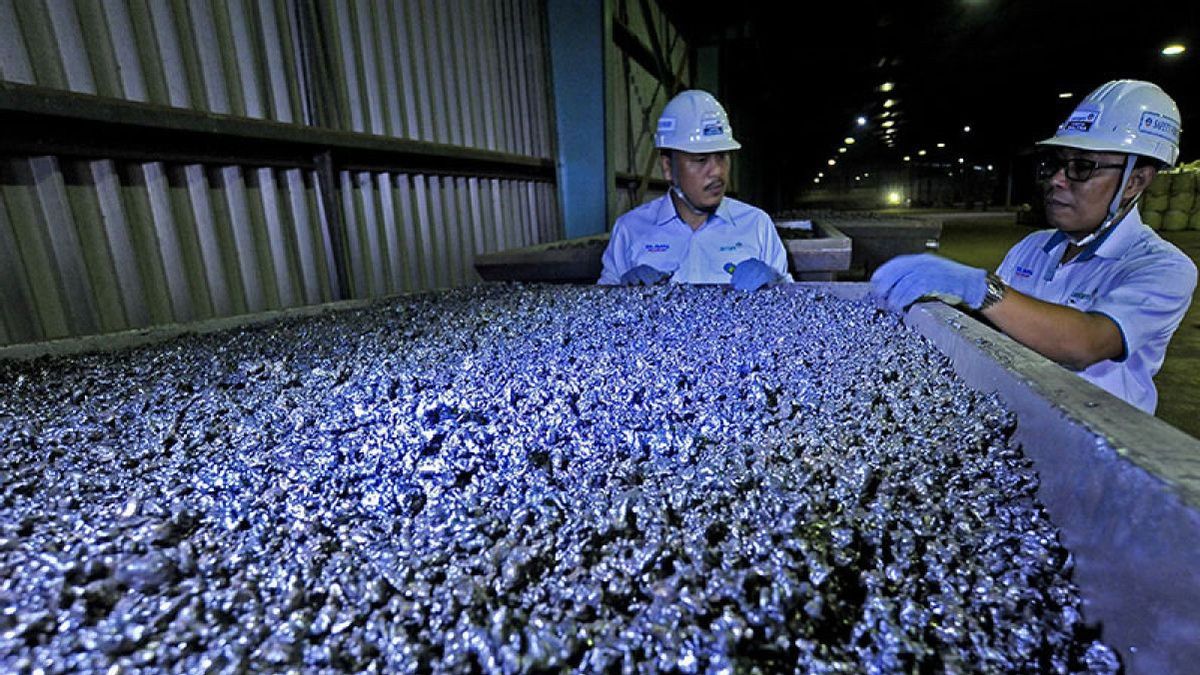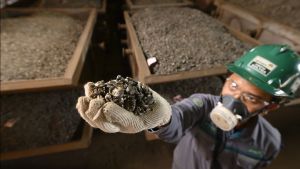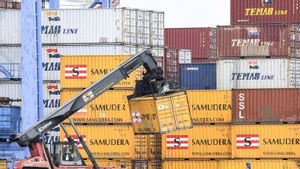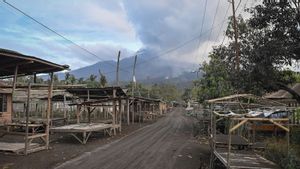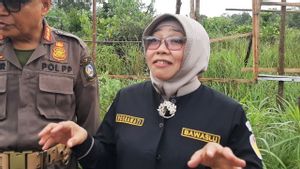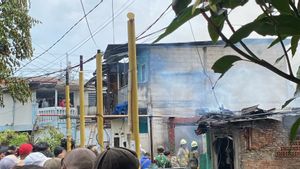JAKARTA - The Association of Mining Experts (Perhapi) and the Geological Agency of the Ministry of Energy and Mineral Resources (ESDM) also oversee the remaining nickel reserves in Indonesia.
Perhapi Chairman Rizal Kasli revealed that there will be 7 years remaining in nickel reserves in Indonesia if the entire refiner industry has started production.
He detailed that there are two types of nickel, namely nickel ore, high levels above 1.5 percent or saprolytes processed through pyromethalurgies and low-grade nickel or limousines processed through hydromethalurgy shelters.
"We estimate that if all the smelters, especially the pyrometragists, are completed, the existing reserves will last 5 to 7 years," said Rizal, quoted on Tuesday, August 15.
He further explained that this was due to the number of nickel ore needs reaching more than 560 million tons if all the smelters were successfully built.
However, with the current condition where the need for salorite for pyro-matalurgical is around 170 million tons, nickel resistance is estimated to last for 13 years.
"Indeed, this will vary depending on the assumption that we use it to feed orientikel against smelters," Rizal continued.
Meanwhile, for limousine reserves with levels below 1.5 percent, Perhapi estimates that all hydromethalurgy smelters built will last 33 years or more.
VOIR éGALEMENT:
Then based on data from the Central KA of Coal and Geothermal HR, the Geological Agency of the Ministry of Energy and Mineral Resources, Hariyanto said, for downstreaming with pyromethalurgy with a nickel ore quality of more than 1.5 percent, the reserve life can reach 9 years ore needs of approximately 387.2 million tons per year if all smeters have been built.
"For downstreaming with hydromethalurgy smelters with ore needs of around 58 million tons per year, the reserve lifespan can be estimated at 32 years," said Hariyanto.
Meanwhile, Indonesia's total nickel reserves are 17.3 billion tons. Then for the total nickel seed reserves of 5.08 billion tons. This is 2022 data from the Ministry's Bageol "ESDM," concluded Haryanto.
The English, Chinese, Japanese, Arabic, and French versions are automatically generated by the AI. So there may still be inaccuracies in translating, please always see Indonesian as our main language. (system supported by DigitalSiber.id)
